Can you cut 1 Tonne of carbon pollution out of your life?
Take the challengeIt can be devastating when pests build up in your garden and your once flourishing leafy green veggies are reduced to skeleton in only a few days. Minimally invasive action is the key to natural pest control, and includes keeping your soils healthy, encouraging beneficial insects, and creating barriers and deterrents.
Keep a keen eye on your garden and watch out for any pests that may be building up or any unusual symptoms on leaves. It's important to understand that by spraying you can wipe out natural predators as well, which means that next season you might end up with an even worse problem.
To minimise problems with leaf-born fungi, avoid overhead watering on vulnerable plants and water in the morning.
Safety considerations:
- Wear protective clothing when handling some substances.
- Label all jars and spray bottles immediately so you don't get them mixed up.
- Keep them out of reach of children and pets.
- When trying something try spraying a test patch first to ensure it doesn't damage the plant.
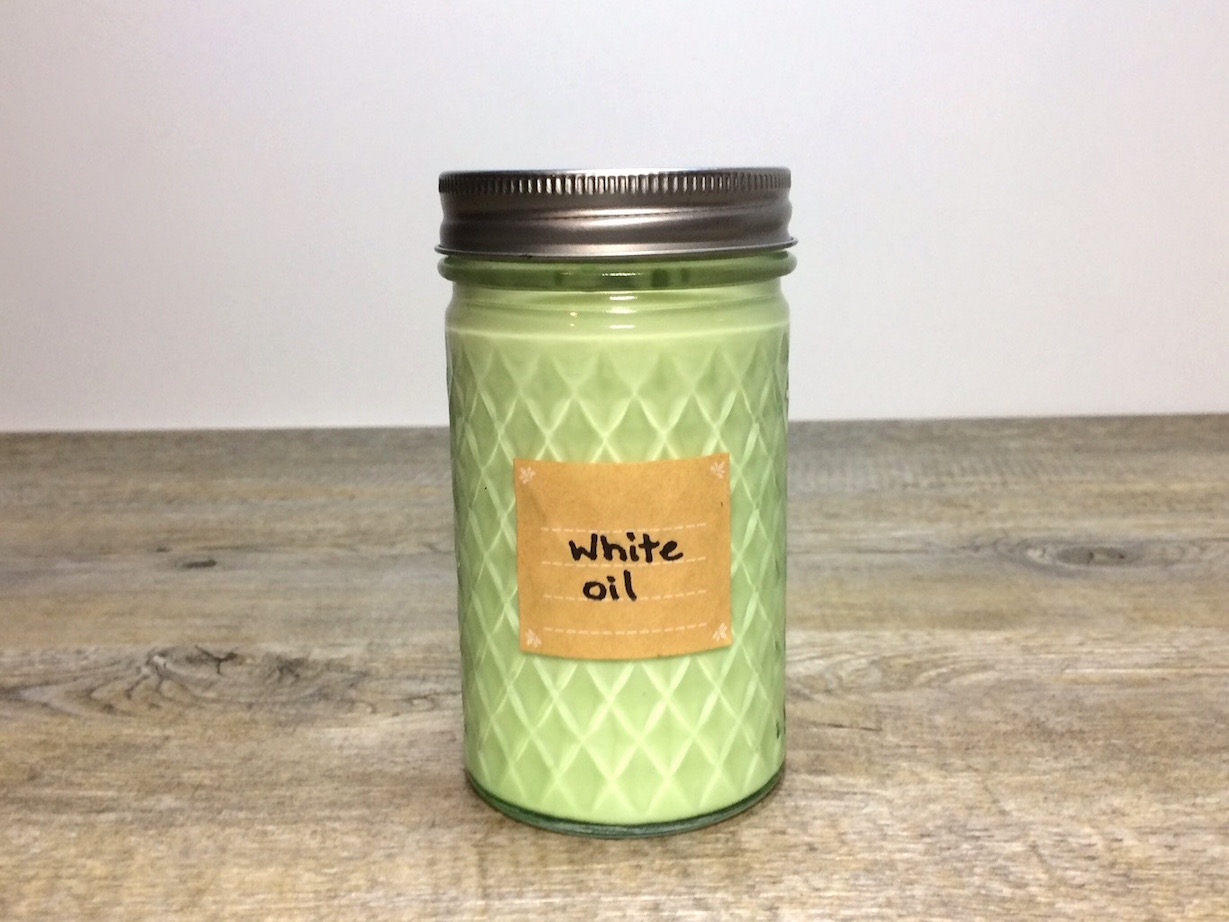
White Oil
This can be used to control sucking and chewing insects. It works by suffocating them but needs to be spread on both sides of the leaves and stems to be effective.
Avoid using this solution when temperatures are above 30 degrees celcius and be more cautious on delicate foliage.
Ingredients:
- 1 cup detergent
- 2 cups sunflower oil
Pour both ingredients into a clearly labelled jar. Screw the lid on and shake until the solution mixes and becomes white.
Then mix 1 tablespoon of the solution into a litre of water.
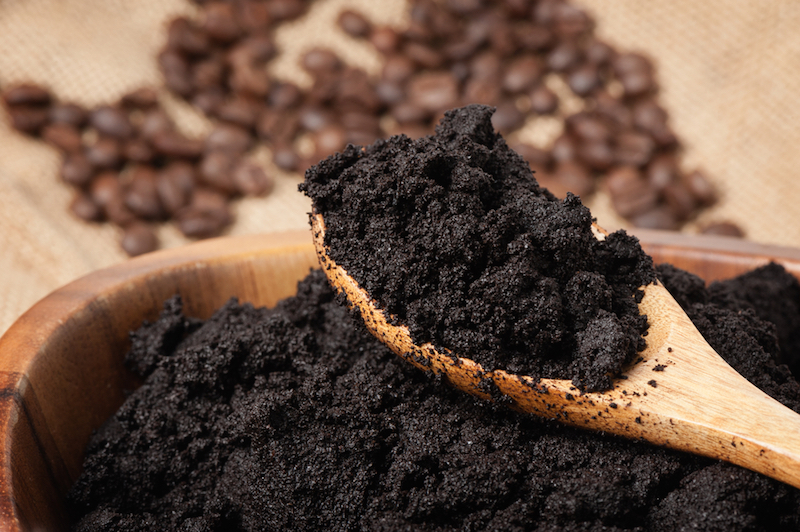
Coffee Spray
Use coffee spray to control slugs and snails.
Mix 1 part espresso coffee (instant is not strong enough) to 10 parts water.
Spray over leaves and soil where slugs are likely to crawl.
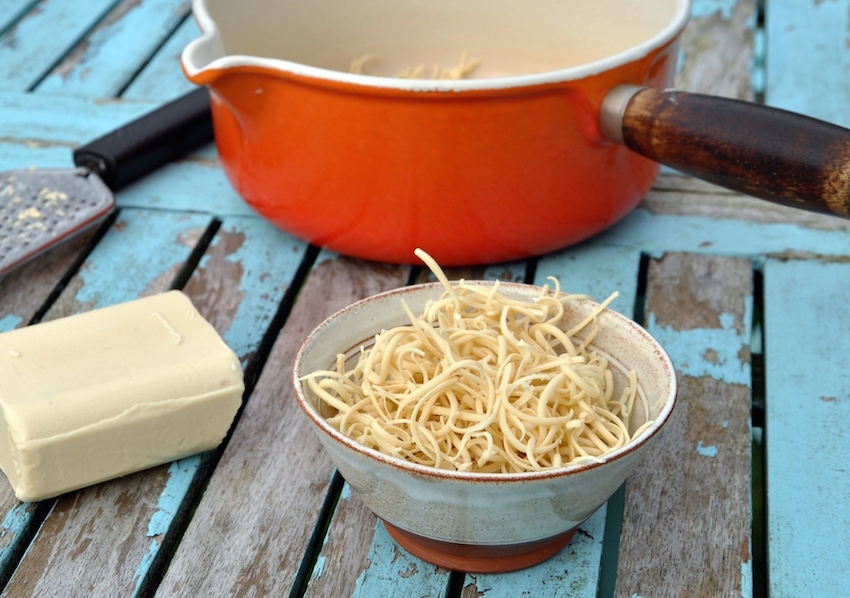
Soap Spray
This spray is great for killing aphids caterpillars, beetles, bugs, mites, scale, and whitefly.
Add 1 teaspoon of eco-friendly laundry liquid or 1 tablespoon of natural soap flakes into half a bucket of warm water.
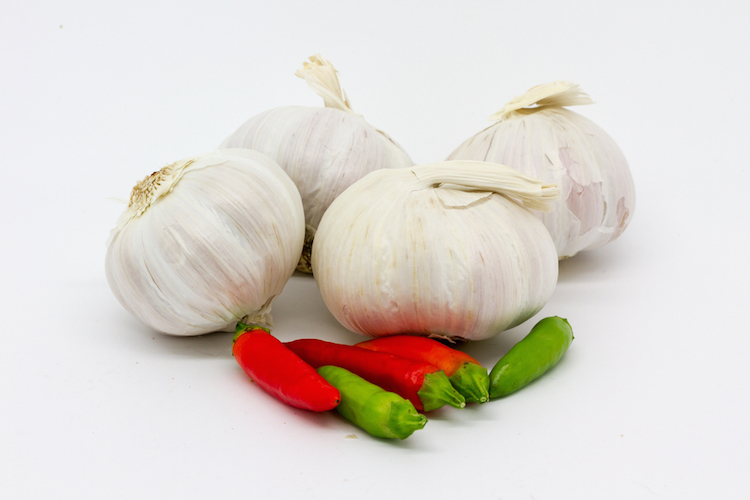
Garlic and Chilli Spray
A great all round insecticide.
Ingredients:
- 4 large onions
- 2 cloves garlic
- 4 hot chillies
Chop ingredients, mix together and cover with warm water to stand overnight. Strain off liquid and add to 5 litres of water. Pour into a spray bottle and label.
Ensure you don't breathe in the steam or touch your face after handling the chillies.
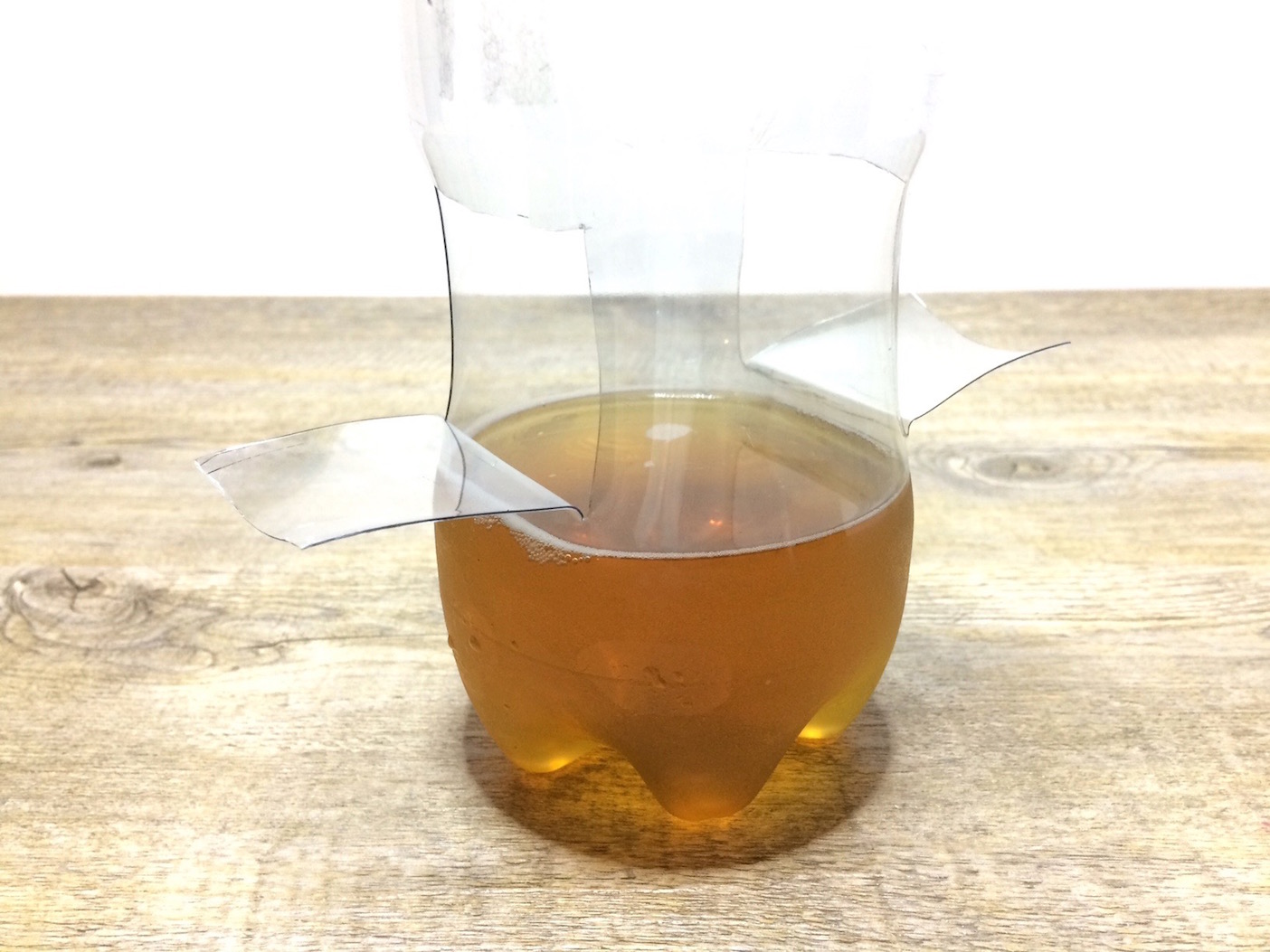
Beer trap
Slugs and snails are attracted to the yeast in the beer and either drown or are killed by the alcohol.
One option is to simply pour some beer in a shallow bowl and partially bury it in your garden. Jackie French has come up with a good design using a 1.5 litre soft drink bottle. She cut two small flaps at either end that she describes as drawbridges then burries the bottom of the bottle and folds out the drawbridges that allow the slugs and snails to find their way in. I particularly like this because the design means it is less open to pets and children. She cuts the flaps around 5-8cm from the bottle's base.
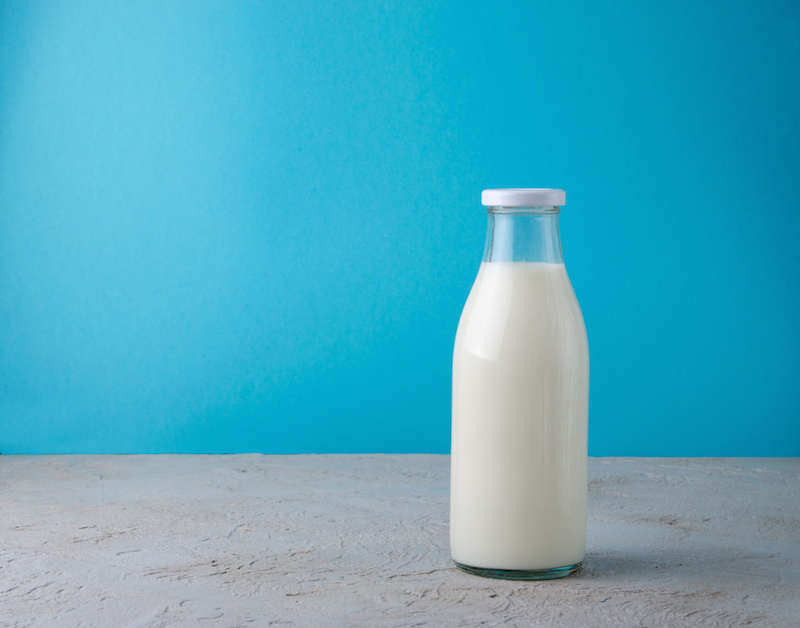
Milk
Milk can be used to help control powdery mildew. Mix one part full cream milk (low-fat milk is not as effective) to 10 parts water into a spray bottle and keep refrigerated. Spray onto effected leaves every week.
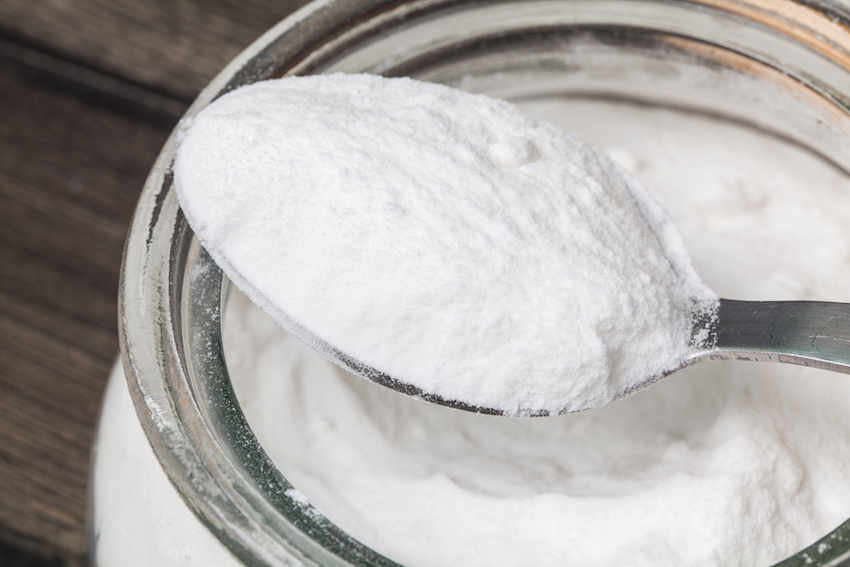
Bicarbonate of Soda
This fungicide works by making the leaf surface alkaline which inhibits the germination of fungal spores.
Ingredients:
- 2 litres of water
- 1 drop of vegetable oil
- 1 drop of detergent
- 4 teaspoons of bicarbonate of soda.
So remember, try a spray-free option first but if that doesn't work these are great alternatives to stronger chemicals available in shops.
Do you have a favourite natural remedy? If so, share it below.

